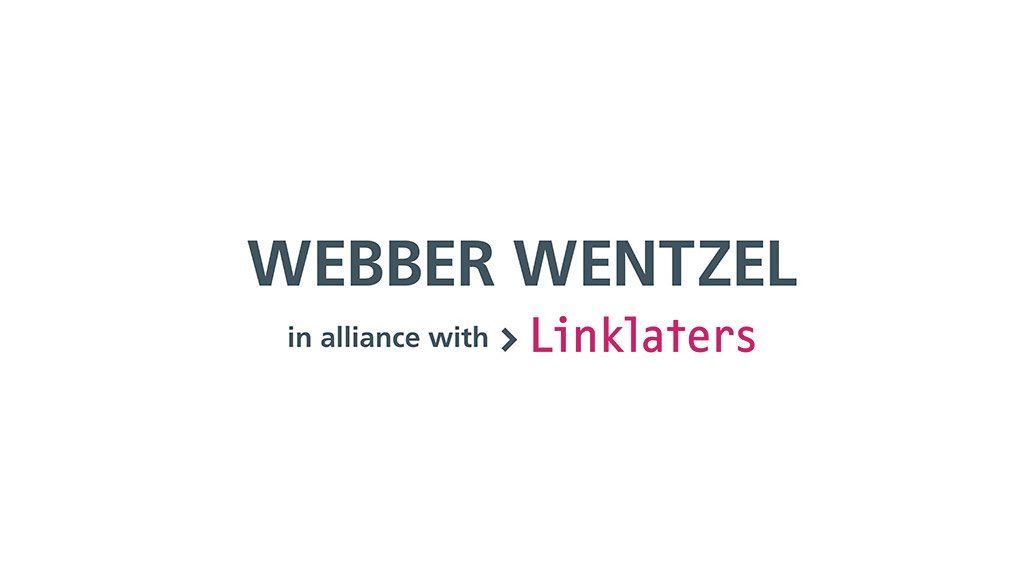In a South African company law context, a change of control refers to the acquisition or establishment of direct or indirect control over the whole or a part of another company’s business. This concept is pivotal in mergers and acquisitions, as a change in control often triggers specific legal and regulatory obligations that must be complied with before the conclusion of a transaction.
The Competition Act 89 of 1998 (Competition Act) defines a merger as occurring "when one firm directly or indirectly acquires or establishes control over the whole or part of the business of another firm." This definition underscores that a change of control can result from various transactions, including:
- A sale of assets: Selling all or a significant portion of a company’s assets.
- Mergers and acquisitions: Combining two companies into one or one company purchasing another.
- Share purchase agreements: Purchasing a substantial number of a company’s shares.
- Changes in management structure: Altering the composition of the company’s board of directors or executive management.
These transactions can lead to a shift in the manner in which a company is controlled, thereby constituting a change of control. When a change of control occurs, various regulatory requirements may necessitate obtaining consent from relevant regulatory authorities or contractual parties. In this regard, key considerations include:
- Competition Commission approval: The Competition Act mandates that mergers meeting certain thresholds must be notified to the Competition Commission for approval. This process ensures that the merger does not substantially prevent or lessen competition within the South African market.
- Contractual obligations: Commercial agreements often contain change of control provisions. These clauses may require a party undergoing a change of control to obtain prior written consent from the other contracting parties. Failure to secure such consent could result in termination of the contract due to breach.
- Sector-specific regulations: Certain industries have specific regulatory bodies that oversee changes in control to maintain industry standards and protect public interests. For example, the Independent Communications Authority of South Africa (ICASA) regulates the telecommunications sector and may require notification or approval for changes in control of licensed entities. Similarly, the Department of Mineral and Petroleum Resources requires approval for a change in control of a company that holds a prospecting right or mining right.
The intersection between change of control events and regulatory and contractual requirements necessitates careful planning and compliance by transacting parties. Companies must identify potential change of control scenarios and understand the associated consent requirements to mitigate legal and operational risks, such as agreements being declared void for failure to obtain the necessary consent or approval.
This process involves conducting a thorough due diligence investigation to identify all contracts and licences that include change of control provisions, engaging with relevant regulatory bodies early in the transaction process to understand approval requirements and timelines, and consulting and negotiating with stakeholders to obtain the necessary consents.
By addressing these considerations, companies can navigate the complexities of change of control events within the South African legal framework effectively.
Written by Francois Sieberhagen, Partner at Webber Wentzel
EMAIL THIS ARTICLE SAVE THIS ARTICLE ARTICLE ENQUIRY FEEDBACK
To subscribe email subscriptions@creamermedia.co.za or click here
To advertise email advertising@creamermedia.co.za or click here











